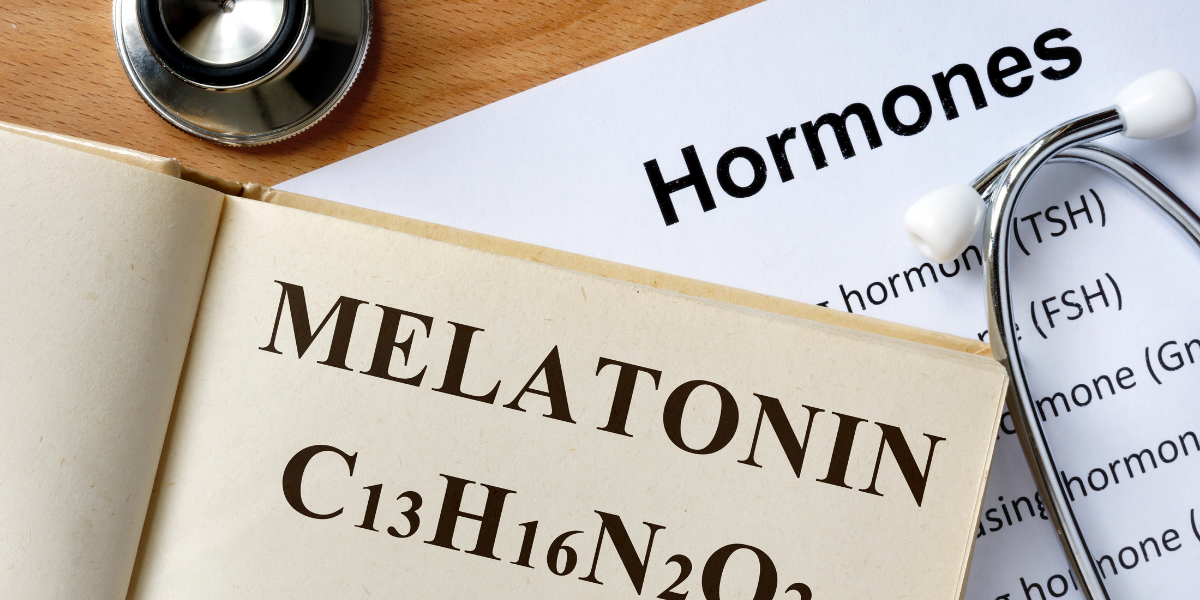Melatonin has a long history of helping insomnia and jet lag but can it also prevent covid-19 infection? Can it reduce your odds of being positive on a coronavirus test? One new study suggests maybe it can. In this review, I'll show you the study suggesting melatonin may reduce covid by over 50% in some people. I'll also share with you the pros and cons of using this hormone/dietary supplement.
Can Melatonin Reduce Covid Infection?
Watch on my YouTube channel if you like.
Any Side Effects?
Generally, short term melatonin is regarded as safe for most people but there are some things to keep in mind if you try this supplement. This list is not complete.
- Ask your doctor if you take any medications. Drug interactions are possible.
- Stop at least 2 weeks before having surgery
- In some, the hormone may cause dizziness and reduce posture. In theory, this may increase the risk of falling. Older folks should ask their doctor first.
- It's not known if long term use of melatonin raises or reduces seizures.
Related Reviews
Covid Signs & Symptoms
According to the Center for Disease Control (CDC) some common COVID symptoms to watch out for include:
- Fever or chills
- Cough
- Shortness of breath or difficulty breathing
- Fatigue
- Muscle or body aches
- Headache
- New loss of taste or smell
- Sore throat
- Congestion or runny nose
- Nausea or vomiting
- Diarrhea
Bottom Line
Covid infection and treatment are complicated. The research presented in the video should be considered preliminary until placebo-controlled studies are conducted. While the supplement is inexpensive, remember this is also a hormone. Speak to your doctor before experimenting with yourself hormone replacement therapy and updates on the research involving melatonin and coronavirus.


Endogenous Melatonin production is controlled by a feedback loop. Taking Melatonin supplements can reduce endogenous production and interfere with sleep.
Do not take it on a long term basis.
Maybe take it only temporarily, if Covid-19 symptoms present
Dr. Adams, yes this is true. This reduction in natural melatonin production may be why some report melatonin eventually doesn’t work as well – for sleep – as it used to.